Gravity explains the motions of the planets, but it cannot explain who sets the planets in motion
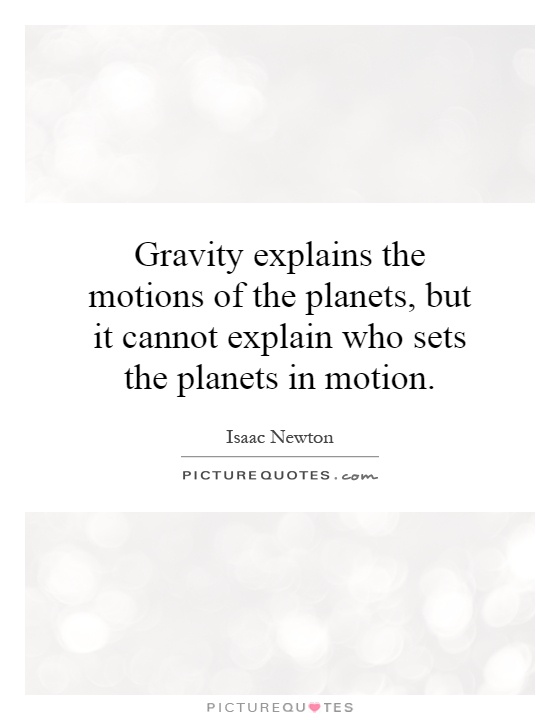
Gravity explains the motions of the planets, but it cannot explain who sets the planets in motion
Isaac Newton, the renowned physicist and mathematician, is best known for his groundbreaking work on the laws of motion and universal gravitation. His theory of gravity explains the motions of the planets in our solar system, as well as the movement of objects here on Earth. However, Newton himself acknowledged that while gravity can explain how the planets move, it cannot explain who or what sets them in motion in the first place.In his famous work "Philosophiæ Naturalis Principia Mathematica," Newton laid out his three laws of motion and the law of universal gravitation. These laws provided a comprehensive explanation for the behavior of objects in motion, both on Earth and in space. According to Newton, every object in the universe attracts every other object with a force that is directly proportional to the product of their masses and inversely proportional to the square of the distance between them. This force of gravity is what keeps the planets in orbit around the sun and the moon in orbit around the Earth.
While Newton's laws of motion and gravity have been incredibly successful in predicting the movements of celestial bodies, they do not address the ultimate question of what initially set the planets in motion. Newton himself speculated that perhaps God was responsible for setting the planets in motion, as he famously wrote in a letter to Richard Bentley in 1692: "Gravity explains the motions of the planets, but it cannot explain who set the planets in motion."
This statement reflects Newton's belief in a higher power or divine creator who established the laws of nature and set the universe in motion. While Newton's scientific discoveries have had a profound impact on our understanding of the physical world, he recognized the limitations of science in explaining the ultimate origins of the universe. As a devout Christian, Newton saw his scientific work as a way to uncover the mysteries of God's creation and gain a deeper appreciation for the beauty and complexity of the natural world.




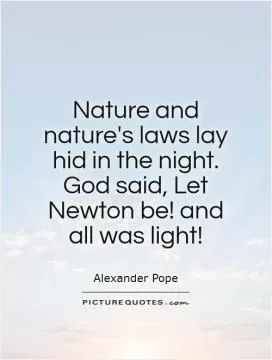


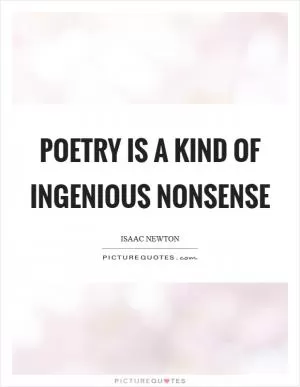

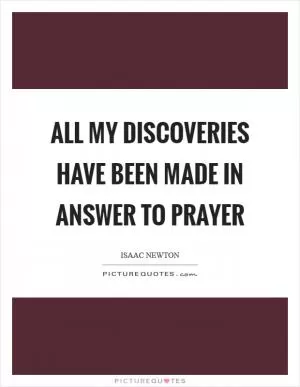
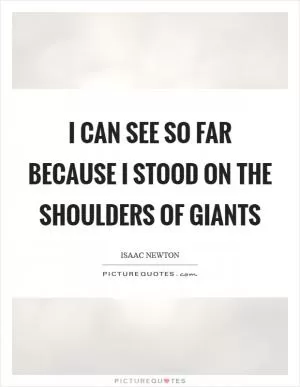

 Friendship Quotes
Friendship Quotes Love Quotes
Love Quotes Life Quotes
Life Quotes Funny Quotes
Funny Quotes Motivational Quotes
Motivational Quotes Inspirational Quotes
Inspirational Quotes